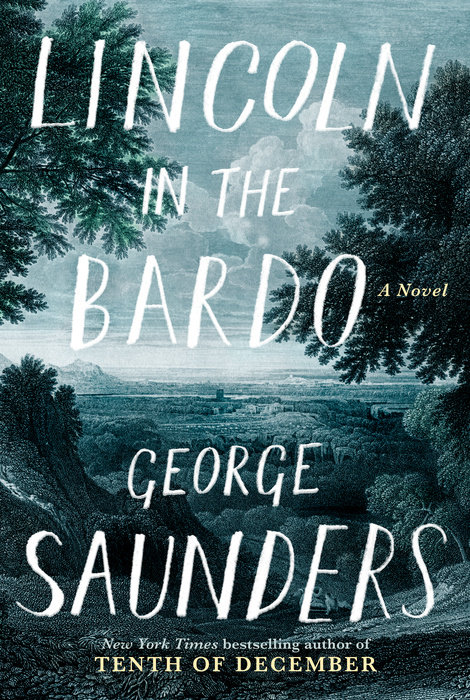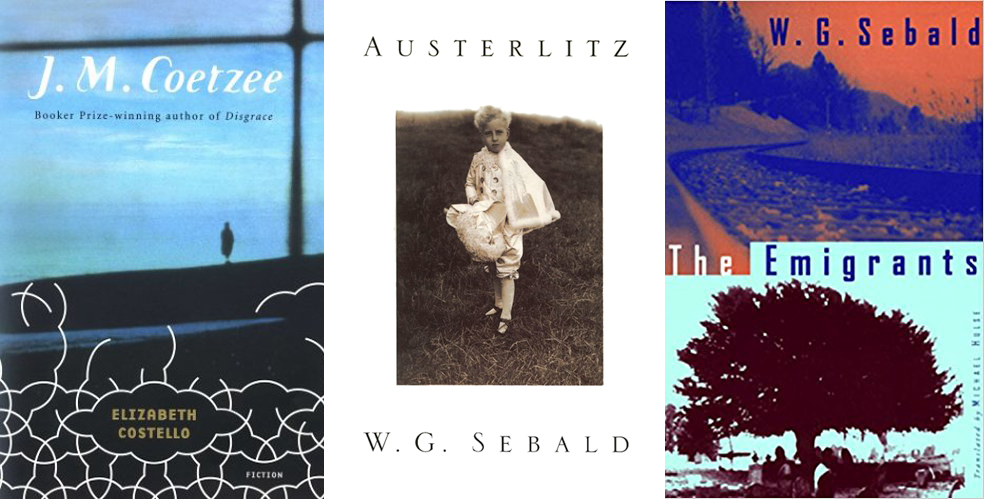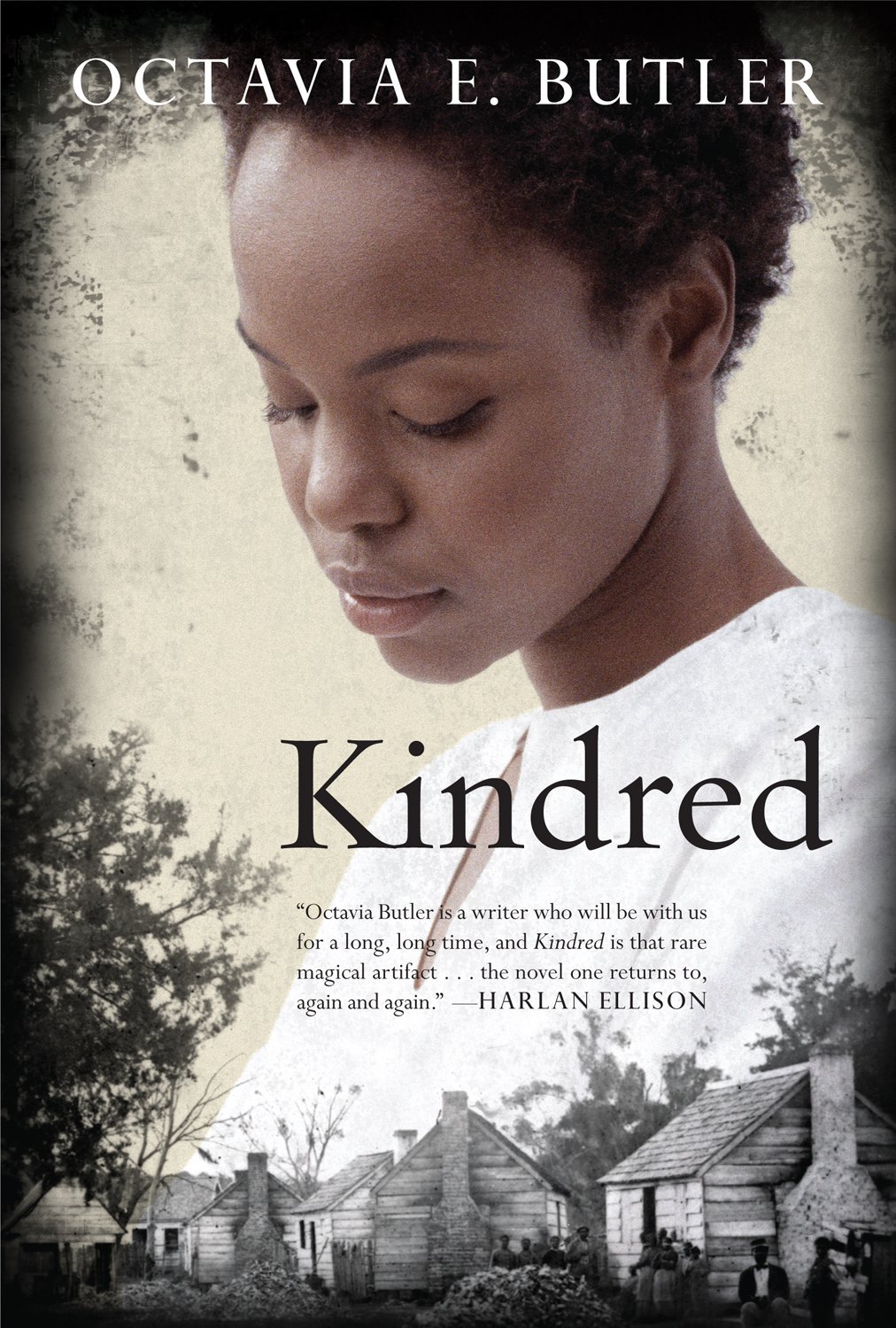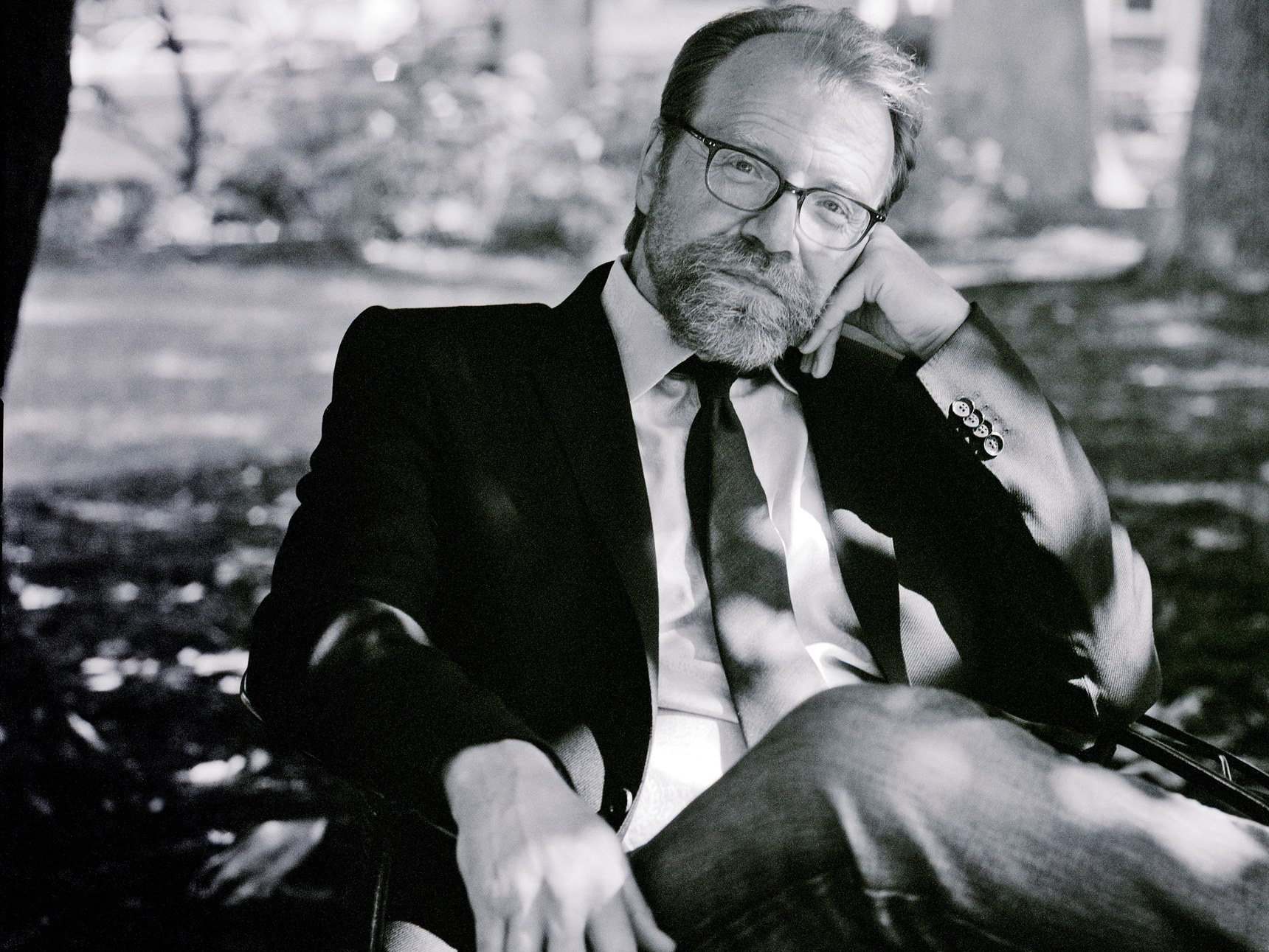Art is in something of a bind at the moment. On the one hand, it is still defined, as ever, by its refusal to be useful, by its super-monetary value; on the other hand, any artist who turns a blind eye to the injustice of contemporary American life (and to Donald Trump, as the preeminent symbol of that life) is liable to be criticized as either ignorant or callous. We see this tension arising all the time in the current pop culture landscape, most notably perhaps in the Oscar competition between La La Land and Moonlight. That competition was unfair to both films—they had different aims and shouldn’t have been held to the same standard—but it shows how urgent this once-academic question has become.
This problem is especially acute for authors of fiction. Whereas photographers, journalists, and documentarians can benefit from the explicitly moral content of their work (cf. Dorothea Lange, James Baldwin, Werner Herzog, Ta-Nehisi Coates, etc.), fiction authors are much more susceptible to claims of moralizing and didacticism. Fiction is, in this way, a purer art. We don’t want it to teach us anything; we simply want it to be.
It is perhaps for this reason that we now spend so much time convincing ourselves that fiction is inherently empathetic, or that it is virtuous in and of itself. Even without going that far, however, it’s not hard to see how the idea of empathy—or perhaps better to say the project of empathy—has come to predominate in the literary world. In high art and in low, we valorize works that allow us to walk in other people’s shoes. And the stranger and more ill-fitting those shoes appear, the greater we esteem the accomplishment. This extends into television as well, where Breaking Bad serves as the apotheosis of empathetic fiction: It strove to bring us, along with its main characters, from a typical suburban existence into the mind of a very devil. We could not stop celebrating this fact, and after a while, this achievement was even baked into the show’s marketing.
https://www.youtube.com/watch?v=9g-E4bvs94c
And there’s nothing wrong with that! Breaking Bad was incredible. Fiction that forces us to grapple with formerly invisible realities or with the extremities of human experience is necessarily empathetic. But there’s also an entire tradition of authors who resist that impulse toward empathy, and who use other tools (irony, for instance) to create great fiction.
George Saunders is a master of both empathetic and ironic fiction. His short stories have the ability to simultaneously drag us into strange bodies, societies, worlds (often with little more than a word), and yet also find humor in the degree to which those alternate realities are, like ours, ridiculous, petty, and self-delusional. We care deeply about his characters, but we also laugh at them. It’s the laughter of recognition.
Saunders became an internet hero a couple of years ago on account of his commencement speech at Syracuse University. His message was simple, as befit the occasion. It was: Be kind. I read it then, and it moved me. And then I went back to being my sometimes-kind, sometimes-unkind self, with those ratios pretty much intact. That’s not George Saunders’s fault, of course. But I was thinking lately about the artworks that have changed my behavior—or at least caused me to reckon with it more seriously—and it was hard for me to come up with any fiction at all. Saunders’ speech showed that he was eager for his words to make a difference, though, and he seems to have taken up that challenge even more directly in his first full-length novel.
 Lincoln in the Bardo contains, at its core, another simple moral—and one that is not very far removed from Saunders’s speech. It places Abraham Lincoln’s beloved son, Willie, in a liminal afterlife, in the Buddhist “bardo”: a chaotic dwelling place for murderers, children, bachelors, slaveholders, idlers, drunks, and more. One character has more arms, legs, and eyes than anyone can count; another has a perpetual erection; a third cannot extract herself from the earth. But all are possessed of a fear for what comes next that exceeds their fear of whatever they must now suffer in this purgatory. Salvation is a hard code to crack, and it would be a shame, if not a sin, to reveal its secrets before their time; but it doesn’t much matter anyway, because salvation isn’t as interesting as the bardo is. (Isn’t that always the way.) The bardo is a place of inaction, tentativeness, euphemism, bitterness, recrimination, self-indulgence, and self-pity. It is, in other words, a very earthly place, despite its grotesque menagerie. It is a place where we can all easily find ourselves. We cannot all be innocents, Saunders reminds us. And so we all must suffer.
Lincoln in the Bardo contains, at its core, another simple moral—and one that is not very far removed from Saunders’s speech. It places Abraham Lincoln’s beloved son, Willie, in a liminal afterlife, in the Buddhist “bardo”: a chaotic dwelling place for murderers, children, bachelors, slaveholders, idlers, drunks, and more. One character has more arms, legs, and eyes than anyone can count; another has a perpetual erection; a third cannot extract herself from the earth. But all are possessed of a fear for what comes next that exceeds their fear of whatever they must now suffer in this purgatory. Salvation is a hard code to crack, and it would be a shame, if not a sin, to reveal its secrets before their time; but it doesn’t much matter anyway, because salvation isn’t as interesting as the bardo is. (Isn’t that always the way.) The bardo is a place of inaction, tentativeness, euphemism, bitterness, recrimination, self-indulgence, and self-pity. It is, in other words, a very earthly place, despite its grotesque menagerie. It is a place where we can all easily find ourselves. We cannot all be innocents, Saunders reminds us. And so we all must suffer.
This picture has its problems (it puts enslaved people, children, and murderers on the same moral plane, for one), but it takes the “be kind” principle seriously to an absurd degree—and the book thrives as a result. The idea that we can only save ourselves by saving others is not a new one, but Saunders makes it fresh again by focusing not on our salvation but on our perdition. He shows us the various ways that we turn our lives into living hells. He shows us hells of silence, capitulation, and cowardice. And his message takes hold because we buy into his surrealist portrait of the afterlife. It seems a fair punishment, because these 19th century ghosts are, for lack of a better word, us. To deny it would be to sink further into self-delusion. For the reader, there are only two ways out of this troublesome bind. We can either put the book down, or we can take the book up on its challenge, and improve.
That’s a position that few other works of fiction have ever put me in. The few that I can call to mind fall into two basic categories. The first is somewhat obvious, in that it contains books that are themselves obsessed with some question of decency or propriety. I’m thinking here of the strangely experimental novel Elizabeth Costello, in which J. M. Coetzee’s philosophically minded protagonist engages seriously with a number of ethical questions, including particularly the issue of animal cruelty. (It turned me into a vegetarian for a brief period.) And of books like Austerlitz and The Emigrants from W. G. Sebald, which are primarily concerned with the question of what art should look like in the face of the Holocaust. (Which made me ask more of art works that dealt with many other kinds of historical trauma.) These books have strong overlaps with nonfiction. They are hard to place, except in their effect: They force readers to think seriously about the suffering of other beings.

The second type is somewhat easier to categorize. I am thinking here of the other works of fiction that, like Lincoln in the Bardo, take place in a hellish afterlife, and that—not coincidentally, I’d claim—force people into a kind of moral reckoning. I’m thinking of Octavia Butler’s Kindred and David Mitchell’s Cloud Atlas—works that, along with Lincoln in the Bardo, have each posited a kind of living hell in an attempt to recreate, for a secular readership, the urgent moral pressure that perdition formerly applied to the religious.
Of course I can’t know for certain what the authors intended; but what I can say for sure is that this is what these books have done to me. They have each, in their own way, damned me, and made me wish to be better. And once again, that is not a thing that I am used to encountering in literature, though I think that experience is as necessary now as it was in medieval Europe, or colonial America. People may be kept in line by social pressure, but not many people will seek to save the world unless they feel that they have the ability to save it—or that without their help, the world will end in flames. That is what these books accomplish.
 Kindred actually begins by taking the idea of “walking a mile in someone else’s shoes” to a horrific extreme. Octavia Butler’s main character Dana is a black woman in 1976 Los Angeles who, on her twenty-sixth birthday, finds herself transported back into the antebellum south. She has little control over when she returns to her own time and for how long, and as a result she has to find a way to survive first as an outsider, then as a free woman among slaves, and then as a slave herself. Dana is a writer, and Butler uses her as a proxy to think seriously about the difference between art and life, especially when dealing with horrors that we only know through books. Her solution was to write a book about an author who steps into a book that she can’t step out of. Her solution was to point out that these stories are not just stories.
Kindred actually begins by taking the idea of “walking a mile in someone else’s shoes” to a horrific extreme. Octavia Butler’s main character Dana is a black woman in 1976 Los Angeles who, on her twenty-sixth birthday, finds herself transported back into the antebellum south. She has little control over when she returns to her own time and for how long, and as a result she has to find a way to survive first as an outsider, then as a free woman among slaves, and then as a slave herself. Dana is a writer, and Butler uses her as a proxy to think seriously about the difference between art and life, especially when dealing with horrors that we only know through books. Her solution was to write a book about an author who steps into a book that she can’t step out of. Her solution was to point out that these stories are not just stories.
“There but for the grace of God,” we often say, and her suggestion is that there is no God, no grace, and no excuse. We humans—even we readers—are the only ones who can help. It seems a familiar message, but it lands with special force because it brings slavery into the present tense in a way that few other books have done. Colson Whitehead’s Underground Railroad is similarly interested in connecting America’s slaveholding past to its racist present, but Whitehead’s desire to respect the reality of those horrors requires that he highlight the essential unreality of his fiction. Butler is more willing to push past the science fictional elements of her work and treat the past as though it is not just connected to the present, but blended into it, to the point that the one cannot be separated from the other. The time travel in Kindred is more than a metaphor; it’s a fiction that Butler dares to treat as a fact.
It’s harder to see the moral content of David Mitchell’s work for several reasons, including the way that he has pushed further and further into his own metaphysics at the expense of broader relevance. But in Cloud Atlas Mitchell leaves the mechanism of reincarnation unexplained. And he’s not trying to make a case that reincarnation exists—that also becomes more and more clear as he says more and more about it—he’s just saying that it’s something we ought to take more seriously, as a kind of thought experiment (which has, it should be said, a lot of overlap with John Rawls’s original position).
In Mitchell’s multiverse, people are reborn again and again, and in the course of these lives they can become more or less good, more or less holy. But even more importantly, they can be reborn into seemingly any environment, any life, any body. This is where the horror lies. The good soul can awake and find itself trapped, like Dana, in the body of an automaton, subject to the cruel whims of an utterly merciless corporate state. Sonmi-451, the heroic automaton at the center of one of the future segments of Cloud Atlas, gets a cruel education about the provenance of “Soap,” the food that her species of “fabricants” survives upon, and that education brings to mind the reality of slaughterhouses and the unreality of Soylent Green. The vividness of Mitchell’s writing—and of Sonmi’s voice—gives profundity to an otherwise commonplace thought: that we are all connected. That to turn away from horror is to embrace the darkness. If you can be reborn into any life, no life, however comfortable, is safe.
To turn away from horror is to embrace the darkness. If you can be reborn into any life, no life, however comfortable, is safe.
Literary culture is, by and large, a secular culture. I take it for granted that Butler, Mitchell, and Saunders do not seriously believe in a holy hell. But I also take it for granted that they are seriously invested in the question of what it means to be truly good, both for people and for books. And I think it’s interesting that they have all turned to perdition to point us toward the light.
None of them have turned away from empathetic fiction in their endeavors—far from it—but by going one step further they also offer a commentary on the poverty of fiction qua fiction. In each of these novels, they show how perilous it is to step into a life, as we do when we read, and imagine that we owe nothing in return. Only if we take these characters seriously, only if we imagine that these fictions are real, and that the horrors that these characters experience are horrors that we inflict, can we be thought to engage with a truly moral project. If we are just readers, we are complicit. I don’t think that this is the only way to be an ethical author or reader, but I do think it’s important to think seriously about what it means for a book to do more than simply divert us (to borrow Pascal’s condemnatory word).
Purgatory and hell were tools of fear in the Christian church. And there is something quite perverse in that, as many others have noted before. But love isn’t always enough—and when it comes to our fellow man, it’s hard for that notion of love to avoid becoming almost impossibly diffuse. How urgently can we love other people if we have to be responsible for loving every single person on earth? That’s a lot of loving! That’s where fear—and fear of the very worst things one can imagine, more particularly—can play a quite important role, in forcing us to work urgently to be our very best selves, and save all those we meet before the end arrives.
I have rarely felt that urgency in my own life. What I feel instead—when I read as when I live—is fear, frustration, apathy, and hopelessness. But when these novelists push up against that dread and ask me to consider the prospect of a real and impending hell, I find myself driven to consider what more I can do, how I can help, and how I should change.
And that’s something that more books should do. Not all, but more. FL









